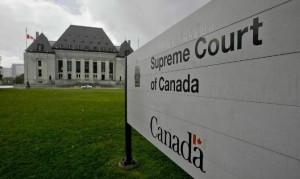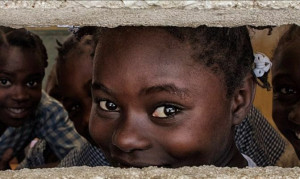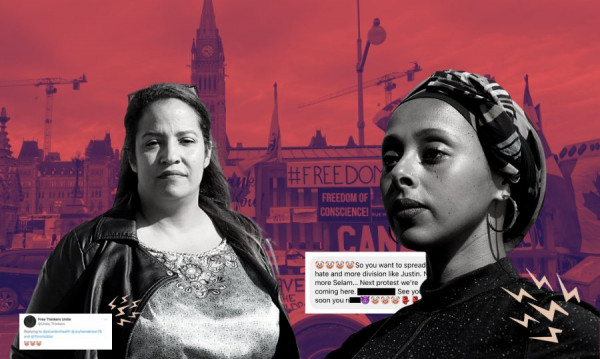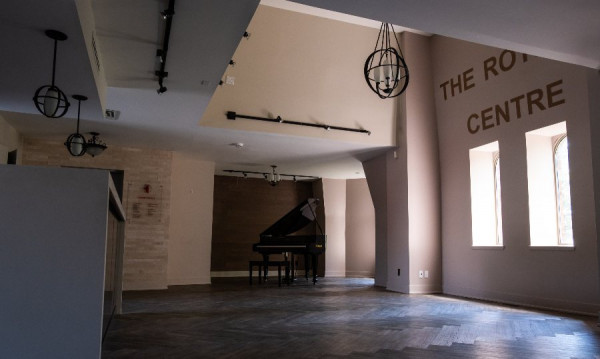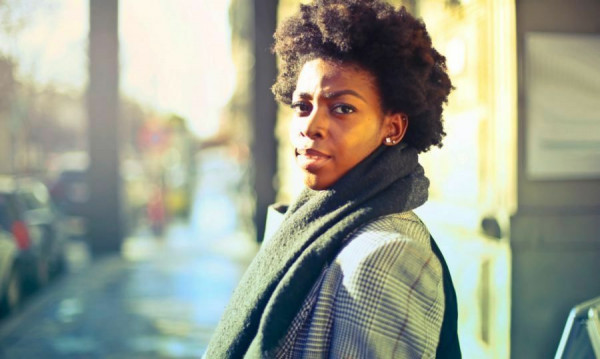The march began at Nathan Phillips Square where organizers called for an end to the violence against Blacks perpetrated by the police.
Lorna Robinson, mother of Jermaine Carby who was shot and killed by Peel Regional police September 24, 2014 spoke of the pain of losing a son. She called for justice and demanded answers from the police.
“We haven’t heard anything from them from the time the accident happened. They haven’t reached out to us to let us know who was the driver, I don’t even know who he was driving with, why did he get out of the car, nothing like that,” she said. “They are still investigating and I don’t know what happened. So they probably figured that we are not going to say anything, we are just another Black person but it’s not going to go down like that. We will not sit down and be silent.”
And they have not been silent since the failure to indict in both Ferguson, MI and Staten Island, NY. Outraged by what seems like a disregard for Black lives, the slogan Black Lives Matter has spread across color lines.
Marching from Nathan Phillips Square to Yonge and Dundas, Torontonians reinforced that message chanting “Black lives matter” and “no justice, no peace.”
Alexandra Williams, one of the organizers, said the Toronto protest was necessary because failure to stand up could be detrimental to future generations.
“We are here to talk about anti-Blackness and the fact that we cannot actually exist without someone or some person outside of our community telling us that we are not good enough, that we don’t deserve to be here, that we don’t deserve to live,” she said. “And we are here today to say ‘no’. We are here to exist."
The most moving moment was when hundreds of protestors lay on the street at Yonge and Dundas for four and a half minutes in honour of Michael Brown, who lay dead on the street for four and a half hours before his body was removed from the scene.
Black roses were given to the crowd, who dropped them on the ground shouting Eric Garner’s last words: “I can’t breathe.”
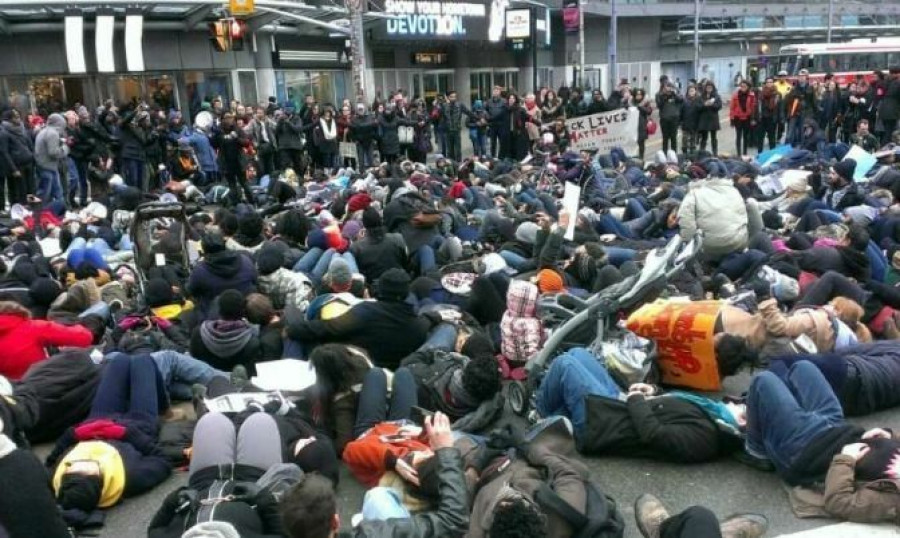
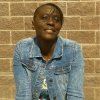 By
By 




